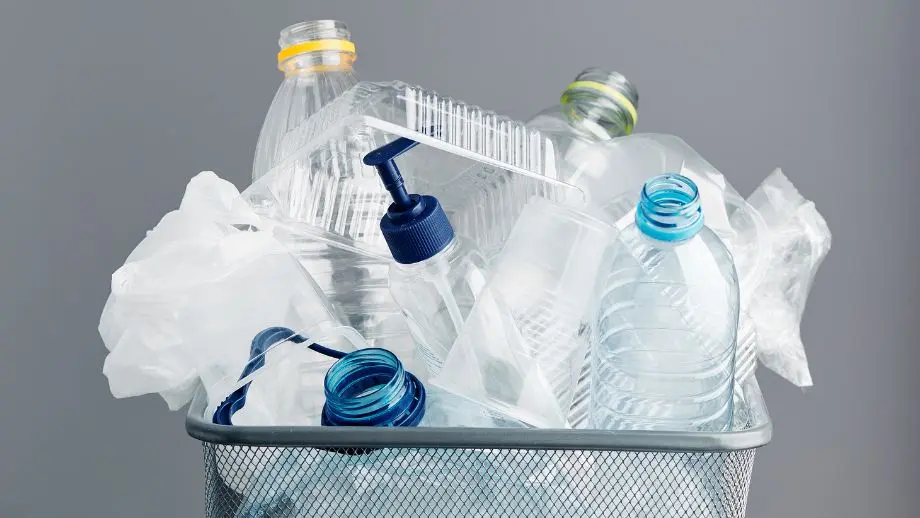Reducing Plastic Waste – How can we minimise this in everyday life?
21 June 2018

Plastic is found in so many things around us. Whilst most plastics are labelled to be recyclable, the reality is that the majority are just ‘downcycled’. This basically means they are made into a lower quality item which can’t be recycled. Plastic waste ends up in landfill and polluting natural environments such as beaches and oceans.
Plastic pollution is the accumulation of man-made, plastic products in the natural environment that have an adverse effect upon habitats and wildlife. The Great Pacific Garbage Patch (GPGP), also described as the Pacific trash vortex, is a mass of garbage in the central North Pacific Ocean which is the size of a continent. Here, plastic waste outweighs the amount of plankton.
It is critical that we take action to reduce the amount of plastic waste which ends up polluting the environment. In last weeks blog, we looked at how businesses can encourage less plastic to be used in the workplace. It is equally as important for us to make effort to reduce our plastic usage at home.
There are many ways in which you can attempt to minimise your plastic waste at home, here are just a few easy ones to help you get started.
Refuse plastic straws
Plastic straws are an example of single-use, waste production for minimal convenience. You can purchase reusable straws, made from paper or metal, instead and refuse plastic straws in restaurants and bars.
Use a reusable bottle or mug for your drinks
Plastic water bottles and disposable coffee cups are an easy target to help reduce waste. Keeping a refillable water bottle handy will help you to minimise your plastic waste and save money. Take your own reusable cup for on-the-go coffee to avoid using disposable coffee cups, which look like paper but are actually lined with a plastic resin called polyethylene.
Use reusable shopping bags
One plastic bag can take 1,000 years to degrade. With this in mind, remember to carry reusable shopping bags to avoid producing more plastic waste. If you have car it is useful to keep your grocery bags in it to help you remember them when shopping.
Choose cardboard
Pick food and products which are packaged in cardboard or paper over those that are packaged in plastic. For example, pick pasta in a box rather than a bag and washing detergent in a box not a bottle.
Stop chewing gum
Chewing gum is made from synthetic ingredients, which often include a type of plastic known as polyvinyl acetate and other similar materials.
There are many more ways that you can attempt to reduce your ‘plastic footprint’, there are lots of good ways to do this outlined on the WWF website.
In next week’s blog, we will look at the regulations surrounding packaging waste with a focus on plastic packaging.
Can you suggest other ways plastic waste can be minimised?









